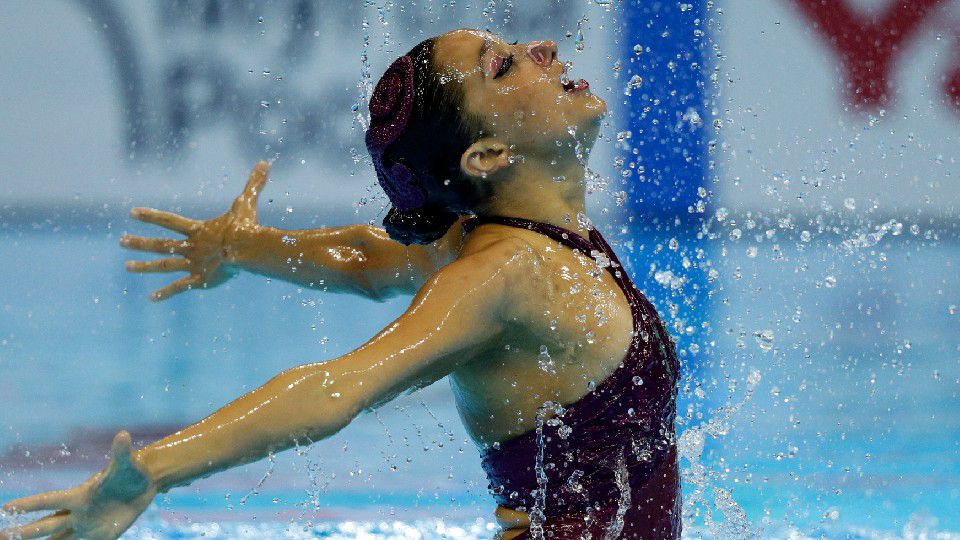KENMORE, N.Y. — After the 2016 Olympics in Rio, Anita Alvarez needed a minute.
"I took what I thought was a long break, which was maybe a month," she says. "Seeing the other athletes, and meeting other athletes from other sports, other countries, I was recharged with a new fuel and new motivation to keep going."
The Kenmore native finished fifth in the free duet part of synchronized swimming, and returned to California to train eight hours a day, six days a week. Once the COVID-19 pandemic began, her routine was thrown into a blender, and the 2020 Summer Games were postponed until July of this year.
"All the pools started closing one by one,” she says. “We’re running around to all these different pools. We started thinking ‘how can we keep training together?’ Our coaches looked into an Airbnb with a pool in the backyard that we could all stay at, so we could stay at so we could keep training.”
Almost a year later, Anita and Team USA flew to Barcelona for the Olympic qualifiers. After narrowly missing the cut in the team event, Anita was exhausted and mentally drained — still, she wouldn't be denied a second opportunity to earn a repeat trip to the Olympics.
"The day before, it was like 14 hours at the pool,” she said. “I didn’t get enough sleep, honestly. By the time we got back, I had to be up at like 5:30 again the next morning to go back."
Her performance in the free duet started well, until Anita started to feel tired at the end of her routine.
"We’re spinning upside-down, and then I come upright and whip my head back," she remembers. "I remember going back and I felt like I was in a hamster wheel. I could see the ceiling spinning, and that’s the last thing I remember until I got to the wall."
Anita lost consciousness, and met with the medical team. Her vitals were fine — she was just burnt out.
"I remember hearing people saying, ‘it’s going to be OK, it’s going to be OK. Don’t worry.’ And I was like, ‘I know it’s going to be OK. I’m sleeping. Let me sleep. Stop waking me up,'" she says. "And then I looked over and my coach was holding me. I was like, ‘what’re you doing in the pool?’"
She had lunch, took a two-hour nap and returned to the pool for her technical duet hours later. Anita was more concerned with her next routine than her health.
"Say anything happens in the middle, I could risk, again, getting a zero or getting deductions and then potentially not qualifying,” she said. “So definitely going in the second swim that evening was extra nerve-wracking for me.”
She fought her way to a fourth-place finish in technical.
"I was not there through the end, but the fact that my muscle memory just kept me going and knew what to do in all of that, I think was pretty amazing," she says. "The fact that I was able to make it through the end."
Anita and her doctors decided that was it. One of Anita's former partners, Ruby Remati, subbed in for the free duet finals, and secured a fifth-place overall finish. That was good enough to send Anita and her partner, Lindi Schroeder, to the Tokyo games in July. She knows the Olympic experience won't be the same, but she's thrilled to be a two-time Olympian at age 24.
"I’m sure they’re going to be weird and they’re going to be different, and there’s not foreign fans allowed,” she said. “We’re probably not going to get to experience a lot of the things we normally would, or that I got to experience in Rio. But we’re getting to compete in the Olympic Games, and that’s the main goal. That’s happening. We have to be so happy and grateful for that."
Especially after what she's endured to return to the Olympics.



